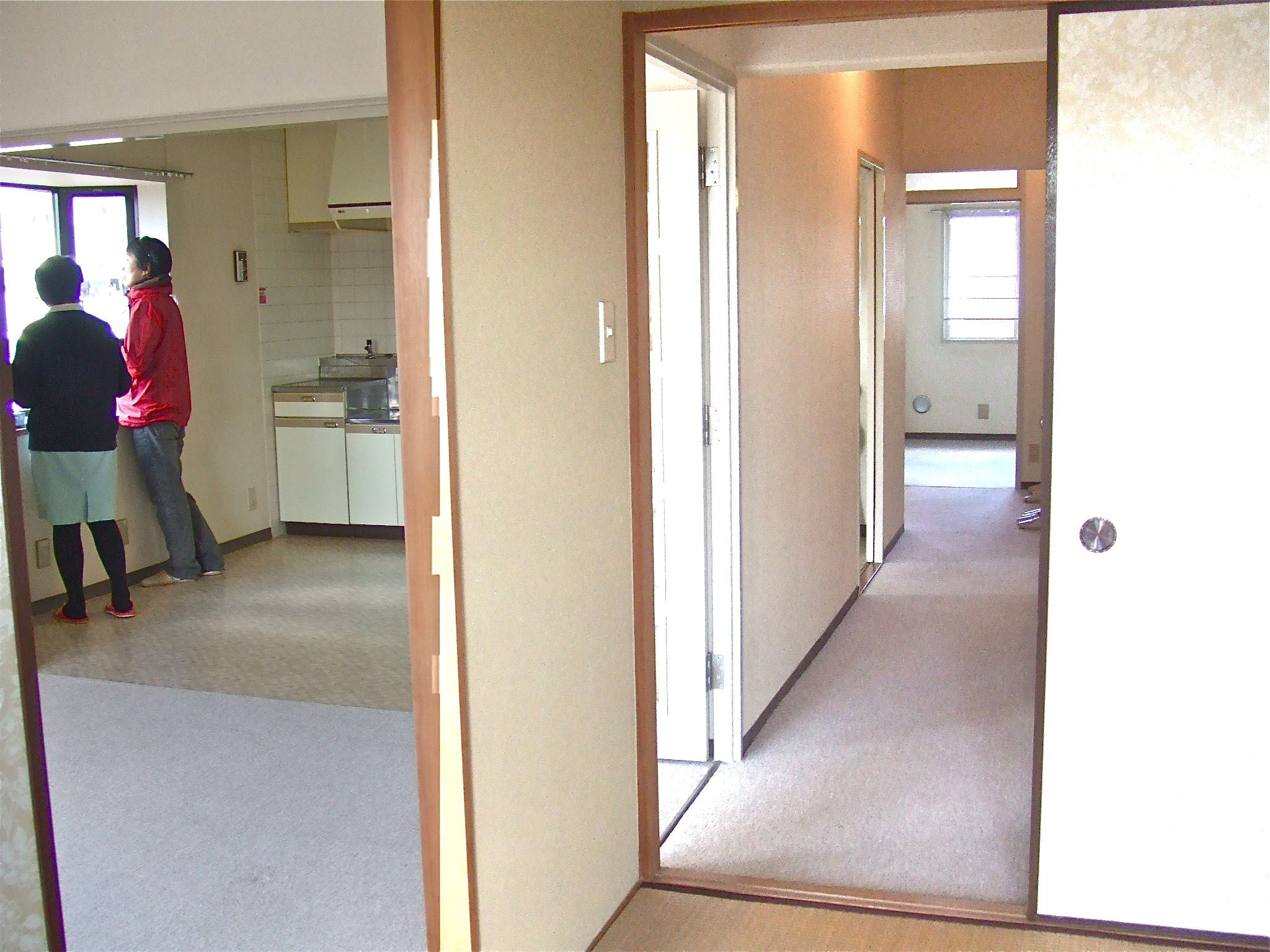In August 1974, a 46-year-old man living on the fourth floor of a public apartment building in Hiratsuka, Kanagawa Prefecture, forced his way into the unit below him and killed two little girls and their mother. After attempting suicide he was arrested, and he told police he had been driven to murder by his neighbors' piano playing. Despite his earlier complaints to his neighbors, they continued to use the instrument. On a door in the family's apartment, he scrawled, "There was no apology."
In court, city workers testified they had run audio tests in the apartment and found that even when the piano was played at relatively loud volumes, the amount of sound that bled into the apartment above was within acceptable noise standards set by the prefecture for collective housing. The man received the death penalty, and later he said he could not stand the noise in prison and, wishing to die, withdrew his appeal. To this day he remains on death row.
The case was covered in detail by the media at the time. A number of people drew up a petition to have the sentence reduced, implying that they, too, were driven to distraction by the noise in their collective housing complexes. Though the apartment in this case was built and managed by Kanagawa Prefecture, the national Japan Housing Corporation, which became the semi-public housing concern Urban Renaissance Agency (UR) in 2004, responded to the controversy by increasing the thickness of concrete floor slabs in newly constructed buildings. The case also generated a new term, piano kōgai (piano pollution), which prompted musical instrument makers to install special damping devices on upright pianos.


















With your current subscription plan you can comment on stories. However, before writing your first comment, please create a display name in the Profile section of your subscriber account page.